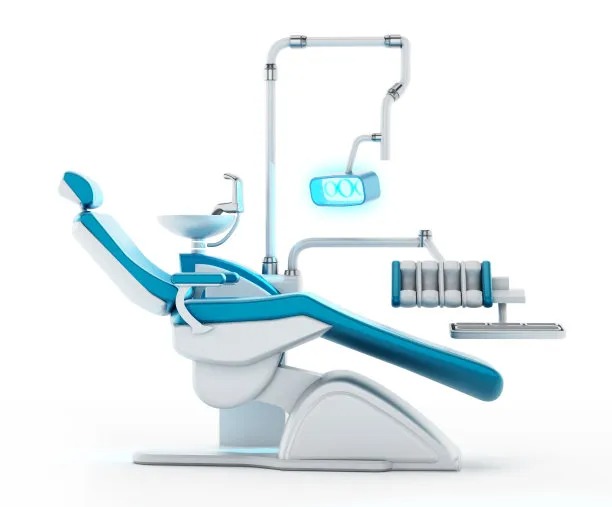Essential Precautions to Ensure Successful Root Canal Treatment and Minimize Risks for Patients and Dentists
Summary: Ensuring successful root canal treatment requires vigilant precautions that can drastically minimize risks for both patients and dentists. This article discusses essential protocols that must be followed before, during, and after the procedure. It emphasizes adequate patient assessment, the importance of sterilization, appropriate techniques for root canal therapy, and post-treatment care. By adhering to these guidelines, dental professionals can enhance the outcomes of the treatment, mitigate potential complications, and bolster patient trust in dental services. This comprehensive exploration serves to enlighten practitioners and patients alike on the critical steps towards effective dental operations.
1. Thorough Patient Assessment Before Treatment

Successful root canal treatment begins with a thorough patient assessment. This evaluation should encompass the patient’s medical history, dental background, and any current health conditions that may pose risks during the procedure. Understanding these factors enables dentists to tailor their approach and make informed decisions regarding necessary precautions.
During this phase, dentists must perform a comprehensive clinical examination. Radiographs or imaging studies are essential to visualize the extent of the infection or decay and to identify the root canal anatomy. This step is crucial for diagnosing complex cases and planning the treatment effectively.
Furthermore, effective communication with the patient about the procedure and potential risks fosters trust and alleviates anxiety. Educating patients about what to expect can encourage cooperation and lead to better treatment outcomes, as patients who understand the process are more likely to follow pre-treatment protocols.
2. Strict Sterilization Protocols During Procedures
Infection control is a critical aspect of successful root canal treatment. Strict sterilization protocols must be adhered to during the procedure to protect both the patient and the dentist. All tools and materials should undergo proper sterilization to prevent postoperative infections.
Additionally, maintaining a clean and organized work environment contributes significantly to minimizing contamination risks. This includes the use of barriers such as gloves, masks, and gowns, which should be changed regularly to uphold a sterile field throughout the entirety of the procedure.
Implementing an effective suction system to manage fluids generated during the treatment helps keep the area clear and reduces contamination risks. Moreover, utilizing single-use items whenever possible can further enhance safety, making it a critical practice for modern dental procedures.
3. Employing Effective Root Canal Techniques
Utilizing effective techniques during root canal treatment plays a crucial role in minimizing risks and ensuring successful outcomes. Dentists should employ precision instrumentation, ensuring that they use tools specifically designed for root canal therapy to enhance their effectiveness and reduce the likelihood of complications.
Another essential factor is ensuring proper access to the root canal system. A well-planned access cavity is vital for adequate cleaning and shaping of the canals, which is crucial for removing infected tissue and ensuring proper sealing later on. A meticulous approach during this phase will prevent procedural mishaps, such as canal blockage or perforation.
Finally, utilizing advanced technologies like digital radiography and apex locators can significantly improve the precision of the treatment. These technologies provide real-time feedback during procedures, allowing for better decision-making and consequently, increased chances of treatment success.
4. Comprehensive Post-Treatment Care Recommendations
Following root canal treatment, providing patients with comprehensive care instructions is essential for a successful outcome. Patients should be informed about potential post-treatment symptoms, like discomfort or swelling, so they know what to expect and when to seek further assistance.
Follow-up appointments are also crucial for assessing the healing process and identifying any complications early on. Regular check-ups allow dentists to monitor the treated tooth and surrounding structures to ensure they remain healthy and functional.
Furthermore, encouraging good oral hygiene practices and recommending any necessary lifestyle changes can significantly impact the long-term success of the root canal. Patients should be educated on the importance of maintaining their dental health to prevent future complications, fostering a sense of responsibility towards their oral care.
Summary:
Root canal treatment is a complex yet critical procedure that, when performed correctly, can lead to excellent patient outcomes. By prioritizing thorough patient assessments, stringent sterilization procedures, effective techniques, and comprehensive post-treatment care, dental professionals can greatly minimize risks associated with these treatments. Adhering to these protocols not only enhances the dentists practice but also strengthens their relationship with patients, resulting in a more successful and trusted dental experience.
This article is compiled by Vickong Dental and the content is for reference only.



